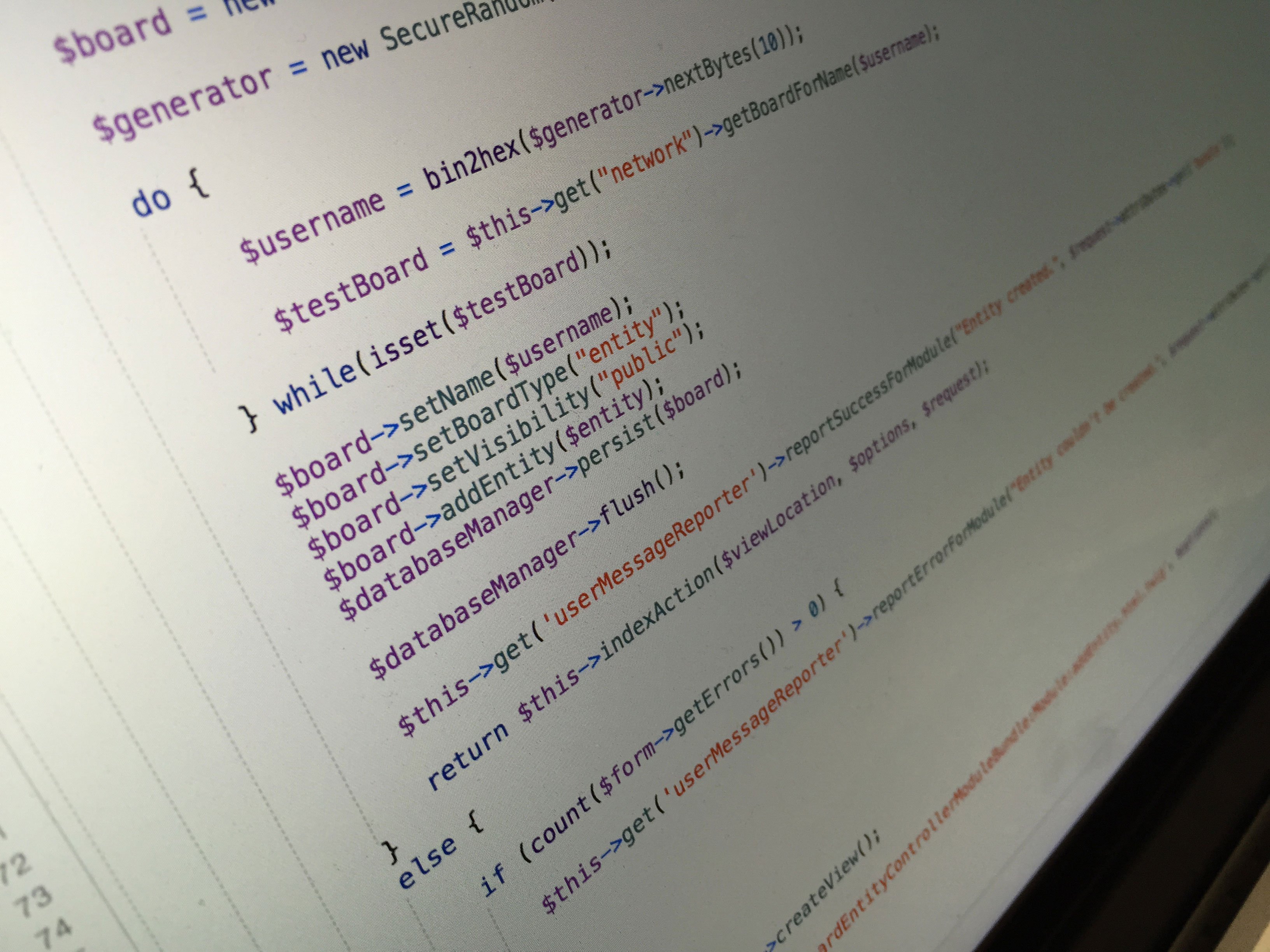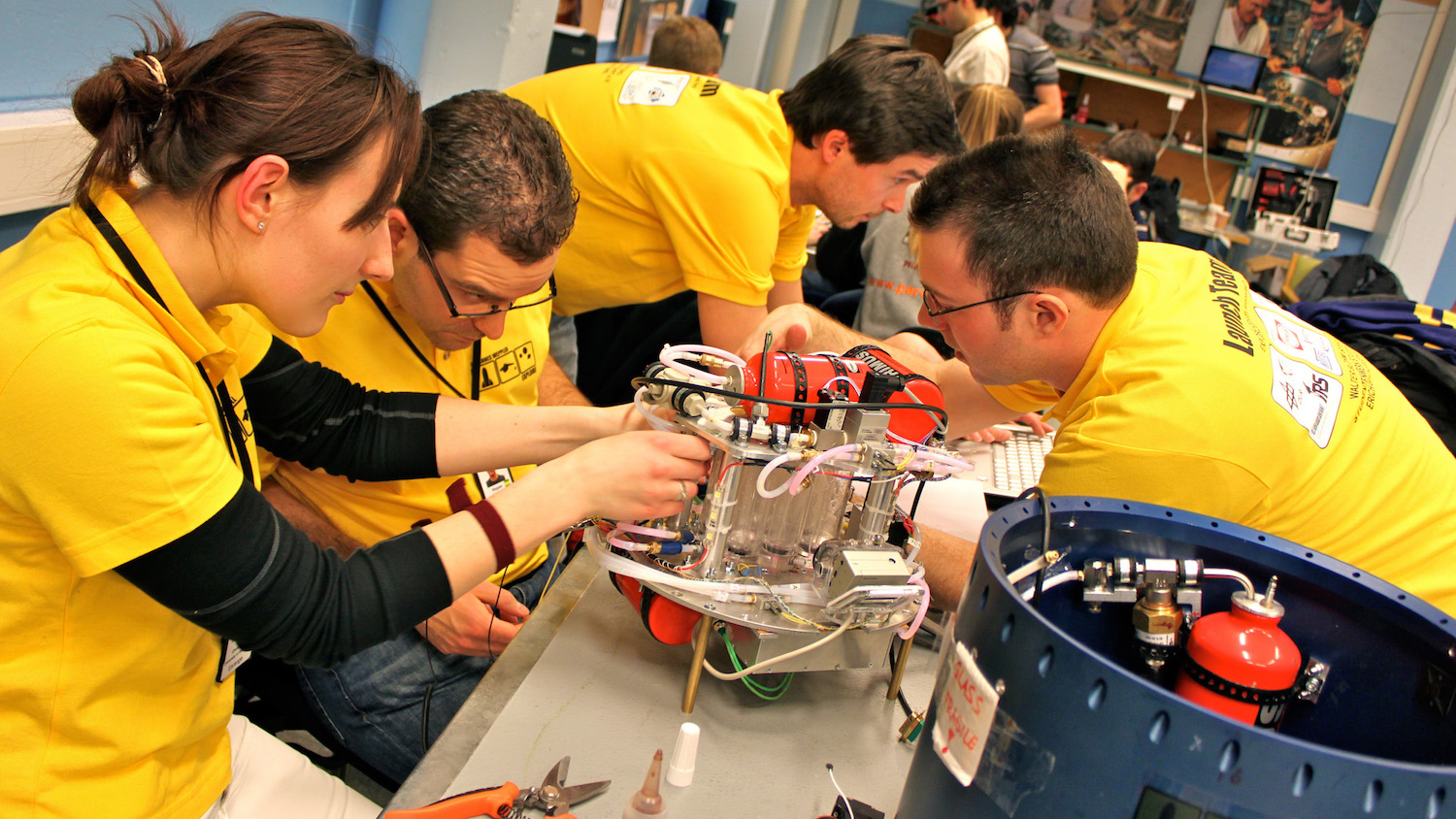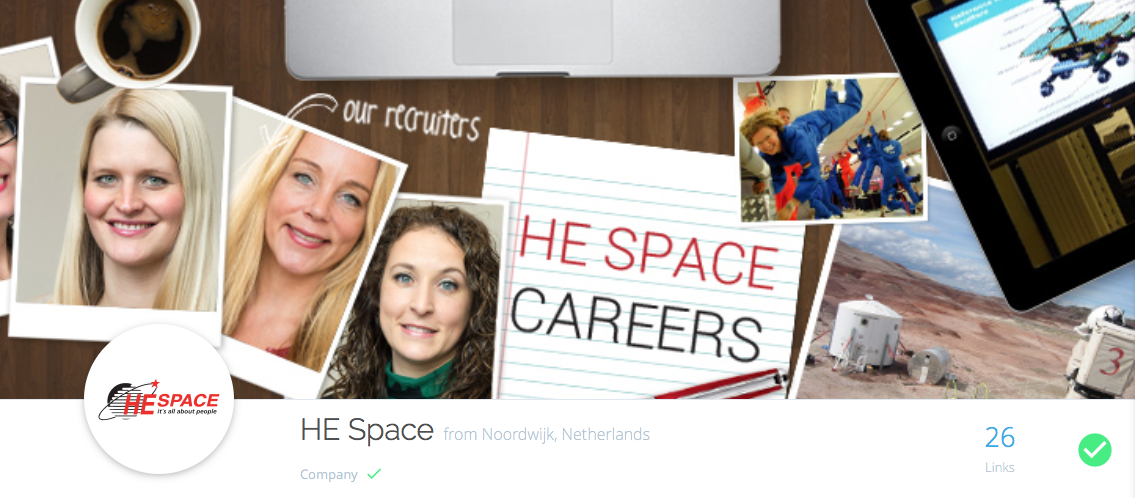
Dear Radar readers,
SpaceBoard is on a mission to reinvent the way individuals and organisations from the space industry interact. We are convinced that the development of a professional network built from the ground up to serve all space industry players will have the ability to bring our global community closer together on one powerful online environment. Today, marking another step forward towards the platform’s public release, we introduce Radar, a new outreach channel to provide quality articles reflecting SpaceBoard's take on various space topics.
Be it disruptive ideas, growing markets, innovative technologies or renewed aspirations, it is becoming hard to keep track of all the endeavors making up an exciting space sector evolving at an unprecedented pace. At SpaceBoard, we’re extremely excited about this surge of new visions, and to help you keep up with them, Radar will feature handpicked articles ranging from small satellites businesses developed by daring startups, to ventures opening access to space to a new generation of explorers, to the latest successful first stage landing. In short, Radar will be your comprehensive source of the many inspiring stories made possible by a global collaborative effort advocating the advancement of space and its benefits for humankind.
One of the drives behind the creation of SpaceBoard is the will to make space studies and careers attractive for prospective students. This is why we also want to use Radar to promote education initiatives and space study programmes and pick the interest of the youth at different educational stages. Through such articles, we hope to attract to the space industry, the next talented generation by providing information about the many existing hands-on projects, summer schools or space camps worth participating in, by showcasing the variety of study options available and by promoting the diversity of fulfilling space careers accessible to graduates.
The societal benefits of space science and technology are well documented. Despite this undeniable fact, the field of space is often perceived unfathomable by the general public. It is difficult to comprehend technologies flying far off of our planet, or science remotely studying distant worlds to answer fundamental questions, or concepts dealing with time and space scales way beyond the average human standards. In order to change this perception of complexity, SpaceBoard, starting with dedicated Radar articles, wants to raise awareness and educate the general public about the benefits of space technology in our daily lives. Whether it is consulting weather forecast or using our in-car navigation system, improving waste management or tracking mosquitoes, direct applications and knowledge transfers are diverse and can sometimes lead to unexpected ends. We hope these articles will help bring the reality of the many fascinating facets of the field into clearer focus. Do share them with your non-space friends!
Radar pieces will initially be released every second week, with the intention to ramp up publications in the months to come. We encourage people sharing Radar’s drives, to get in touch with us at radar@spaceboard.eu. We will be happy to welcome you as an official Radar writer if you’re also itching to share with the world your passion for space.









